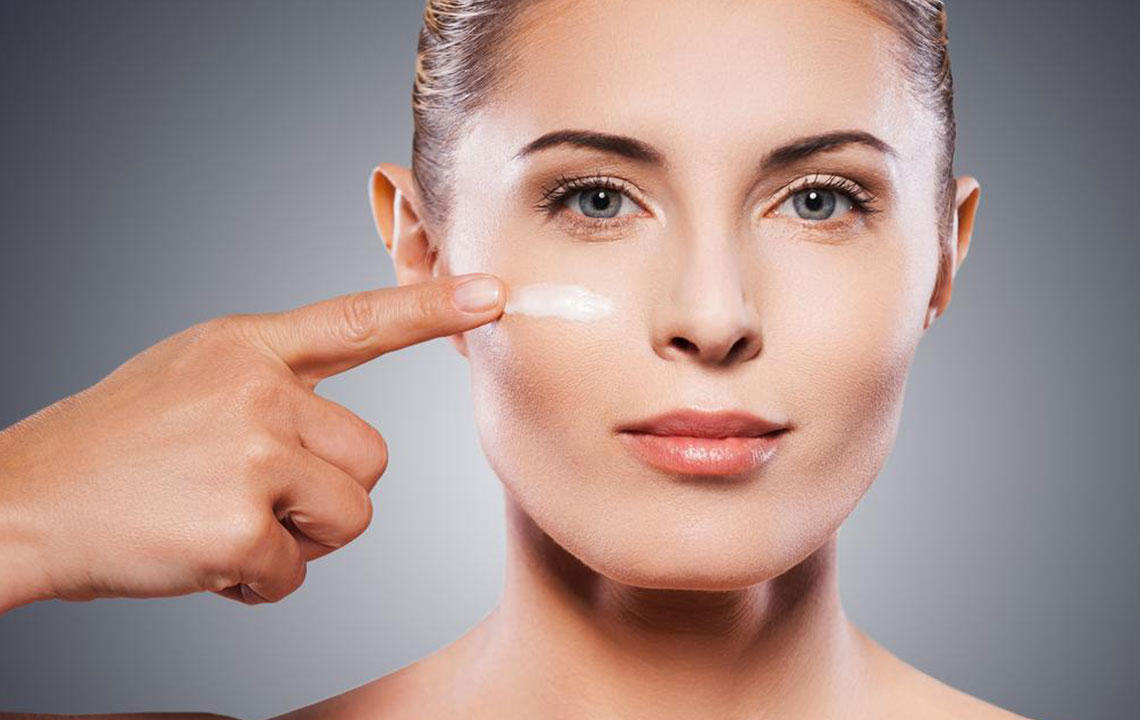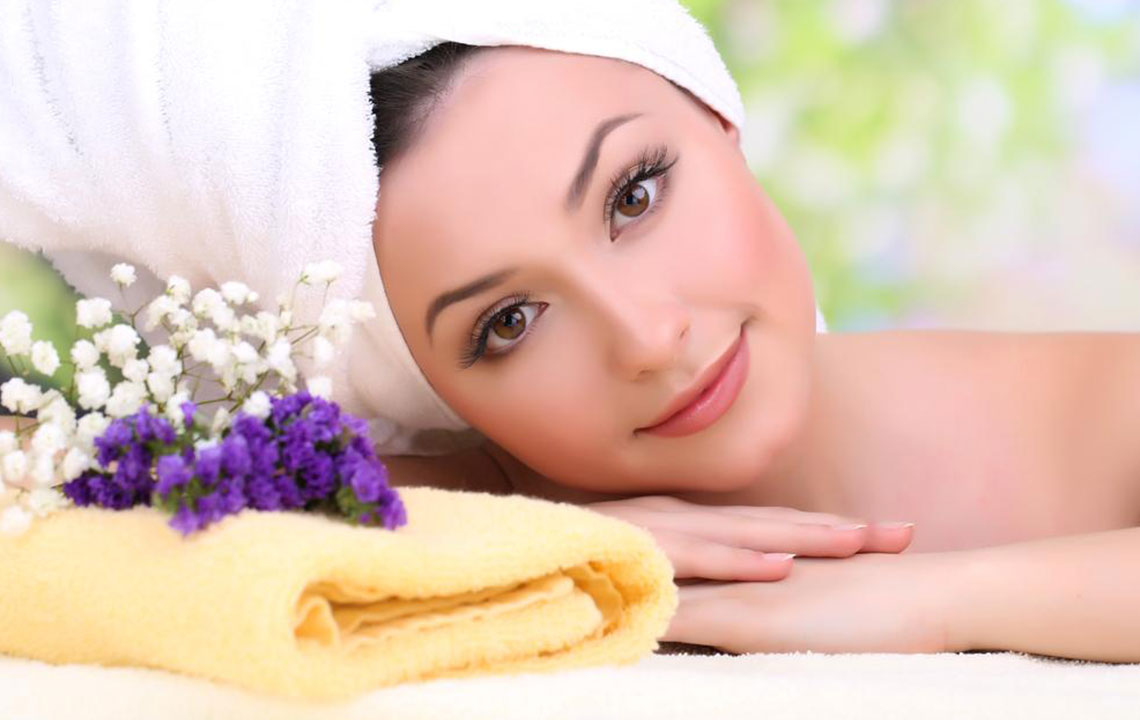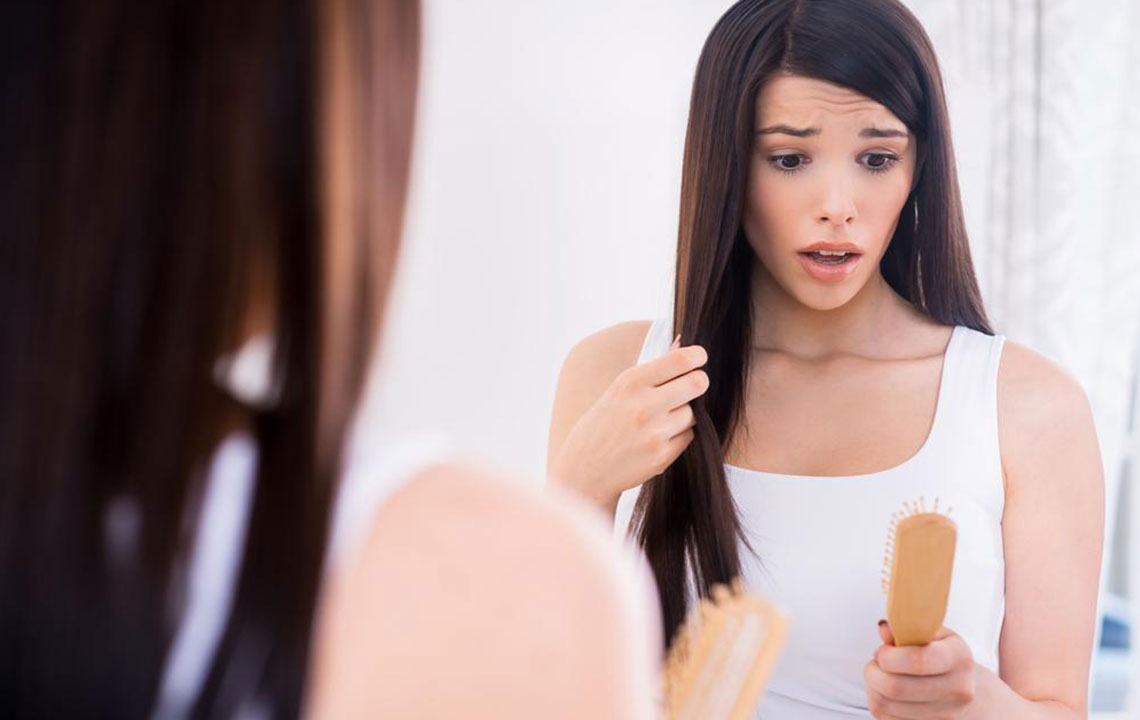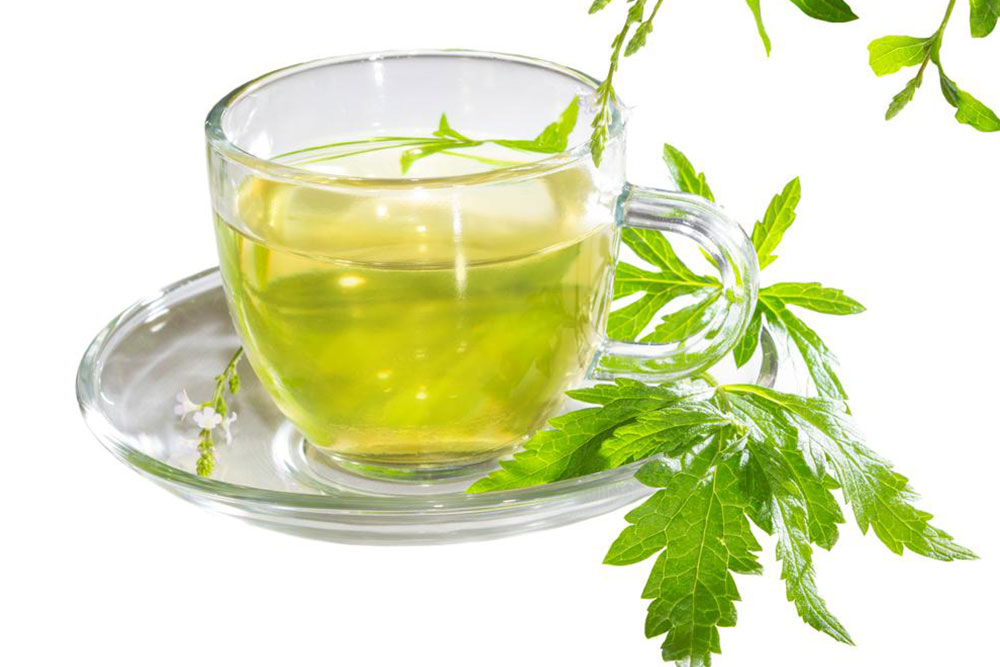Effective Strategies for Managing Adult Acne
Learn effective strategies to combat adult acne with tailored treatments, topical and oral medications, and expert guidance. Discover how to select suitable products, when to seek medical help, and additional options for women. Achieve clearer skin and boost your confidence with professional advice and personalized care.

Effective Strategies for Managing Adult Acne
Dealing with adult acne can be both frustrating and challenging. Unlike teenage acne, adult breakouts often require different treatment approaches. While past treatments may have worked during adolescence, they might not be effective now. Proper skincare, combined with suitable adult acne medications, can significantly improve your skin condition.
Gentle creams, cleansers, and lotions are suitable for mild adult acne.
When pimples surface, many opt for skin care products like creams and lotions. If your acne is mild, these products can offer relief, provided you select items tailored to your skin type and acne severity.
When purchasing skincare products, ensure they contain proven acne-fighting ingredients such as sulfur, salicylic acid, or benzoyl peroxide. Benzoyl peroxide is especially effective. Select formulations like creams, gels, or cleansers with high-quality ingredients and follow label instructions carefully. If your skin isn't oily, products targeted at teenagers might not be suitable.
Consult a dermatologist if visible results are lacking
Over-the-counter options can help manage adult acne, but if you see little improvement after 10-12 weeks, medical advice is recommended. A dermatologist can prescribe stronger treatments for better results.
Prescription Topical Treatments for Acne
Various prescription medications are available for adult acne.
Retinoids: These topical agents boost skin cell turnover and prevent pore clogging, addressing microcomedone formation early. They also reduce wrinkles and fine lines, making skin look refreshed. Antibiotics: For persistent or inflammatory acne, dermatologists often recommend topical antibiotics to reduce skin bacteria linked to breakouts. These are typically used short-term alongside other treatments, as combination therapy yields the best results. Oral Medications: For severe, ongoing cases, topical treatments may not suffice. Oral medications, in pill form, are prescribed by dermatologists. Notably, isotretinoin is a powerful option used when other treatments fail, mainly for cystic or chronic acne. It also helps prevent inflammation. Often, oral meds are paired with topical treatments like Retin-A. Once acne improves, treatment shifts to topical methods to prevent recurrence. Additional Treatment OptionsWomen may have extra options such as oral contraceptives, which can be combined with topical regimens. Spironolactone, an anti-androgen drug, is effective against hormone-related acne but is mainly prescribed to women, as it’s not recommended for men. Hormone replacement therapy (HRT) can also be beneficial, especially for post-menopausal women experiencing acne along with other symptoms like hair thinning or mood swings. However, HRT isn't typically the first line of treatment; it’s reserved for specific cases where other options have proven insufficient.
In conclusion, if over-the-counter remedies aren't effective, seeking specialized adult acne medication and consulting a dermatologist is vital. Proper diagnosis and tailored treatment plans can lead to clearer, healthier skin.










